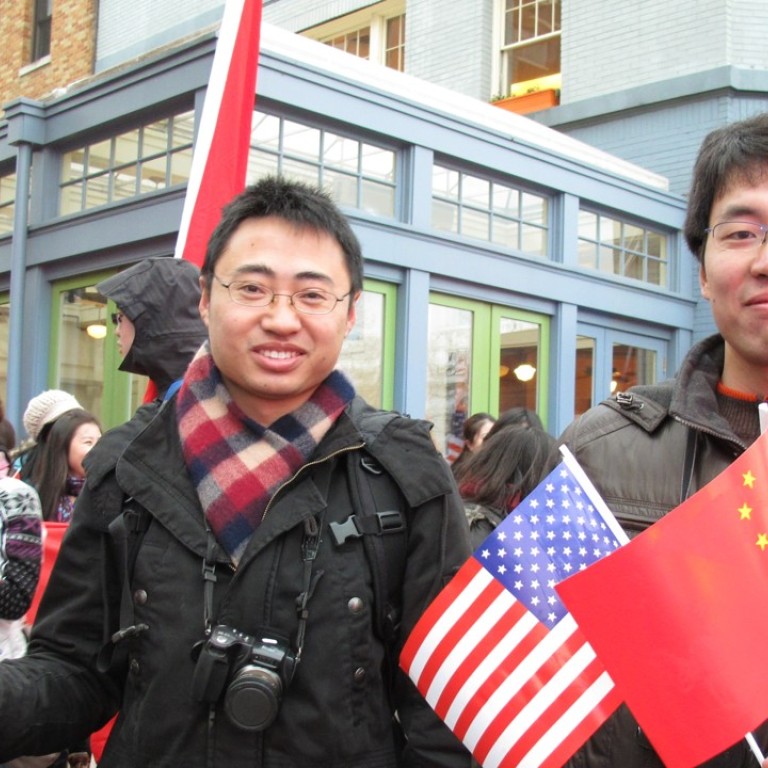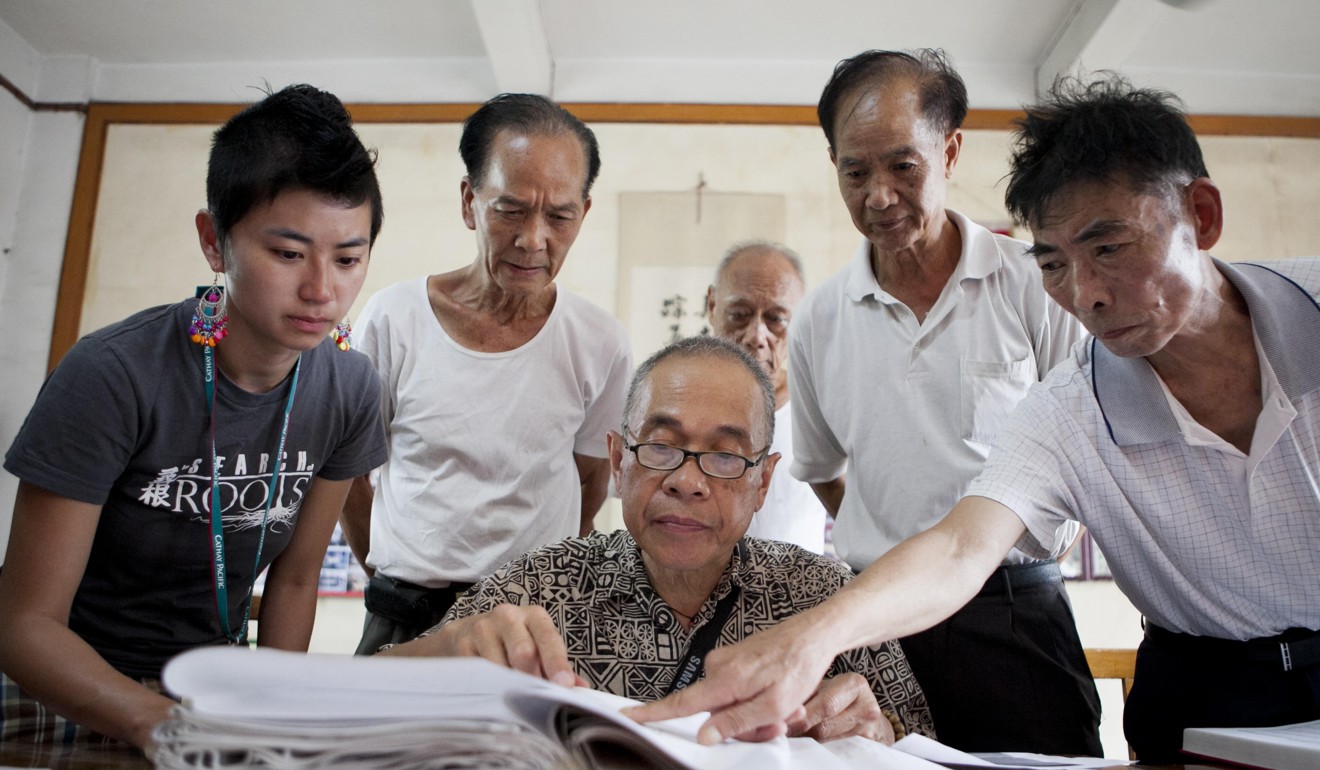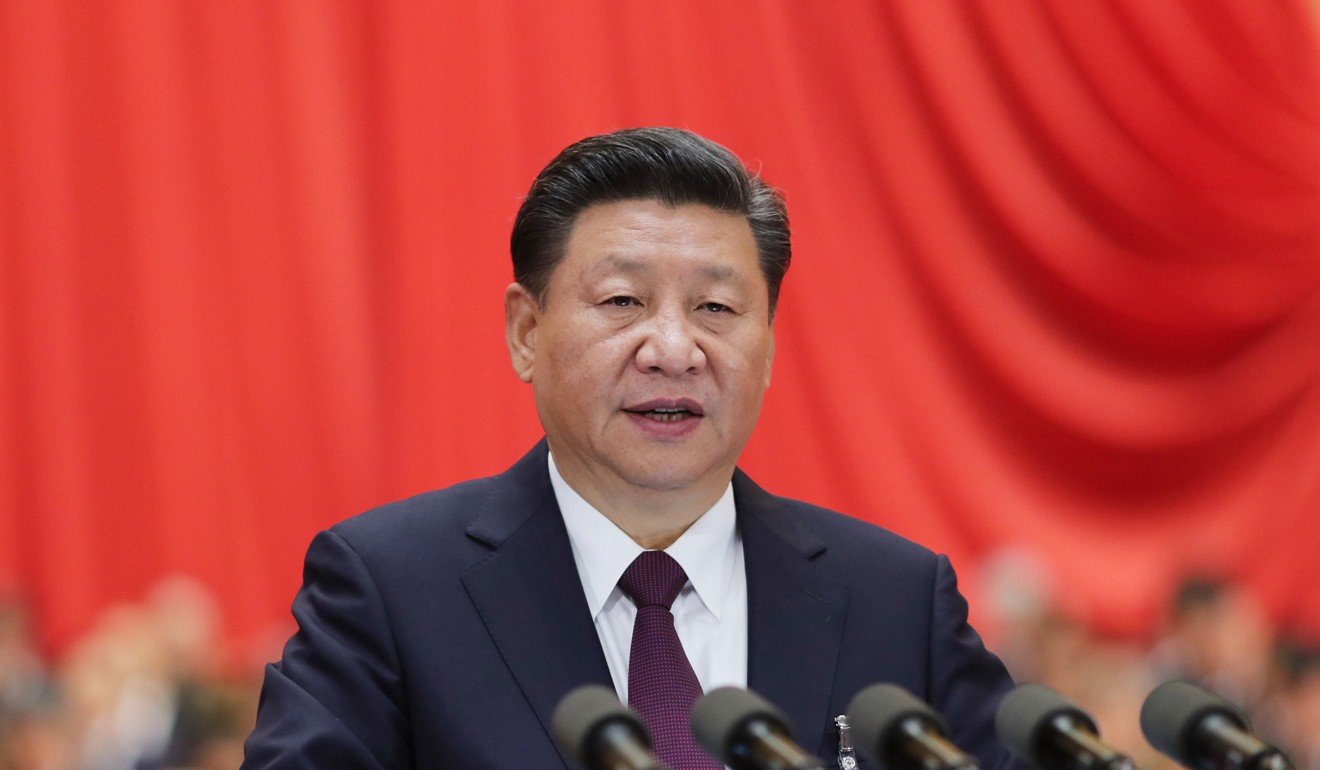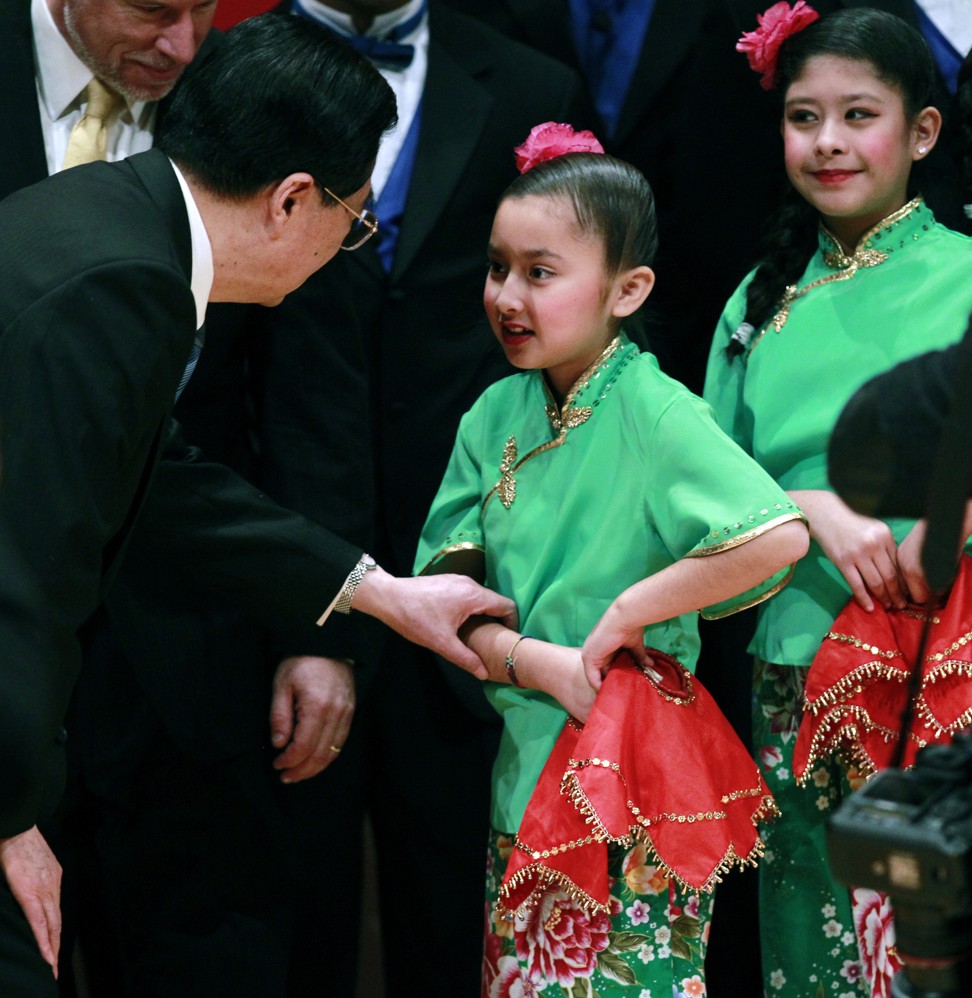
Overseas Chinese contributed to China’s development before – and can do so again
Chi Wang says generations of overseas Chinese supported each other and the country during tough times, and this is something the younger generation – and President Xi Jinping – should remember amid calls for ‘national rejuvenation’
Encouraged first by my parents and later by China’s Ministry of Education, I planned to study hard and return to China to continue my education.
Because of our shared experiences, overseas Chinese cared just as much about other Chinese living outside the mainland as for the families they left behind. Many overseas Chinese offered me support throughout my younger days: jobs, opportunities, places to live. No matter their wealth or social status, people felt connected by our shared culture and community. When I was still a student, the unofficial “mayor” of Chinatown in Washington offered me a free room. This was the culture of old overseas Chinese.
How overseas Chinese answered China’s call to return ‘home’, but couldn’t take the culture shock and left, many for Hong Kong
Today, hundreds of thousands of young Chinese come to the US to study or do business. However, today, those lucky enough to study abroad are usually the privileged few, supported by wealthy families. They are not coming from war. Living in wealthy neighbourhoods, these young elite go abroad to make money for themselves, not for China. They only associate with other elite – then complain about a tough life in America. This is a stark change from the communities of my student days. When I arrived in 1949, Chinese students had no wealthy families to cushion us. The help we received from the overseas community gave us the assistance we needed to survive. No matter our differences in economic status, my countrymen helped me feel I was surrounded by family. Young wealthy students now don’t behave the same.

Does it still pay off to study abroad? New research suggests ‘yes’ for returning Chinese graduates
7 things you need to know about Xi Jinping’s vision of a ‘new era’ for China
Xi was not wrong in recognising the need to call on young Chinese abroad to turn more attention to their homeland.

Politicking over and team in place, 2018 is when China’s Xi has to deliver on reforms
The lack of support among elite young students for each other must not translate into a lack of support for family and country. But I hope Xi will make more effort to reach out to all overseas Chinese and encourage them to support their communities. If not, the younger generations are unlikely to make the effort themselves, and Chinese living overseas and on the mainland will all be worse off if they lose mutual support.
I hope Xi and his new leadership will continue to reach out to the Chinese living overseas. I also hope young Chinese students studying abroad will remember to support each other. Overseas Chinese can still feel connected to and proud of their motherland. The young elite abroad now may need a push in that direction, but with a little effort it will not be impossible to remind them. That China is successful now does not mean it should forget about its people abroad, who have never forgotten about China.
Chi Wang, a former head of the Chinese section of the US Library of Congress and former university librarian at the Chinese University of Hong Kong, is president of the US-China Policy Foundation


